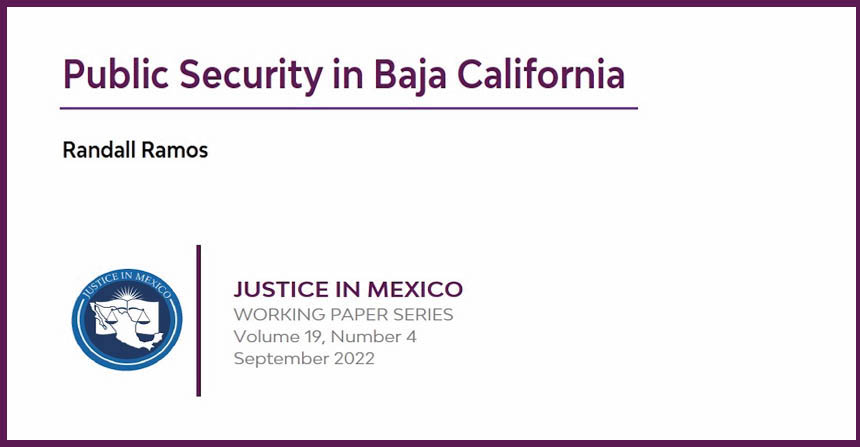05/30/12 – A recent article written by Howard Campbell for Latin American Perspectives analyzes the use of the so-called ‘narco-propaganda’ and its effects on society. In his article titled “Narco-Propaganda in the Mexican ‘Drug War’: An Anthropological Perspective,” Campell argues that ‘narco-propaganda’ should be taken more seriously as it a form of political discourse between non-state actors intended to send messages to rival groups, the government, and Mexican citizens.
Campbel’s article, in which he posits that that criminal groups should be viewed as ‘political entities’ given that they “control vast territories and have taken on many functions of the state” (Campbell, 1), is particularly timely. The article was published on April 30, just before the month of May began, a month in which a number of forms of narco-propaganda were utilized. Campbell details the five major types of narco-propaganda seen today in Mexico: “(1) spectacles of symbolic/orchestrated violence for public view, (2) narco-messages, written statements and signs with cartel-related content, (3) videos and cyber-postings, (4) narco-genres of music and lyrics, and (5) control and censorship of the mass media and information” (Campbell, 5). Of these five, at least three forms were used this month in high profile examples throughout Mexico, thus lending weight to Campbell’s article.
The case of the 49 decapitated and dismembered bodies found in Nuevo León on May 13 that were accompanied with and followed by a number of narco-banners hung throughout Mexico could be categorized as both a public display of violence and as utilizing narco-messages, thus falling into Campbell’s first two categories of narco-propaganda. The six journalists murdered this month and the May 11 grenade attack on the building of newspaper El Mañana in Tamaulipas, which prompted the media outlet to announce it would no longer publish stories on organized crime, exemplify Campbell’s fifth type of narco-propaganda, being the “control and censorship of the mass media” (Campbell, 5). Such displays of narco-propaganda, argues Campbell, are a way for organized crime groups to keep track in the on-going battle for territories and control in Mexico (Campbell, 14).
Campbell’s argument concludes, “The examples of narco-propaganda presented above are political statements, not just criminal acts; they represent a form of political positioning in the chaotic shadows and corrupt labyrinths of the Mexican state” (Campbell, 14). A full version of the article can be found on-line at the following link: http://lap.sagepub.com/content/early/2012/04/30/0094582X12443519.
Sources:




